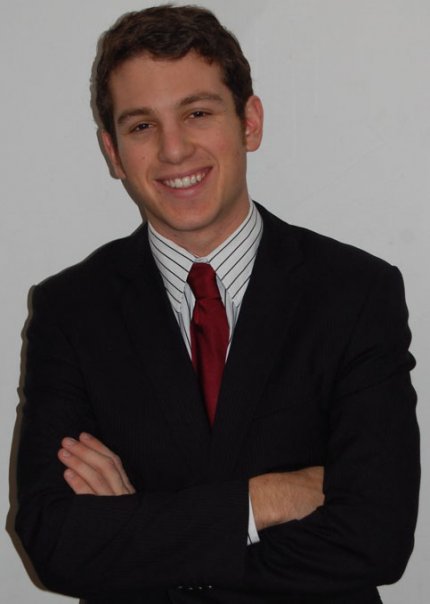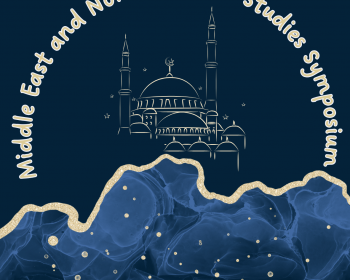A small group of students set out on a quest to develop an conference to address a series of serious questions facing the international community about the rules of war, who participates in war and how war is covered. The International Affairs Symposium, A World of Warfare: Dynamics of Conflict, brings together well-known international affairs pundits to discuss some of the most pressing and complex questions to come out of the Iraq War.
This symposium is one of four organized by undergraduate students at Lewis & Clark annually addressing a cross-section of social and political issues. International Affairs Symposium 2009 co-chair Brad Elkins ‘09 discusses the symposium theme and topics.
Why did you choose war as a theme for this year’s symposium?
My co-chair Elspeth Cordua and I agreed that previous symposia had fairly strong humanitarian/soft power foci–a notably popular subject amongst Lewis & Clark students and community members. Being the good International Relations students that we are, we thought it was important that the community be exposed to discussions that were perhaps outside their immediate interests that could perhaps spark tension and debate–in a word, conflict. Thus, we decided that we wanted this year’s symposium to focus on “hard power” issues such as security and power.
As the committee continued to research the topic, we found our group interests’ coagulating around the idea of “modern warfare” and what wars will look like and how they will be fought in the years to come.
Why do you feel that international conflict is an especially salient subject right now?
We are currently in the midst of a real sea change in how we as a society look at and fight wars. There are those who claim that Great Power wars, as we knew them in the 20th century, are outdated and that the concept of a conventional standing military force is no longer necessary in our world, while there are others who point to conflicts such as those in Iraq or Afghanistan and see these asymmetric conflicts as only slight deviations from the standard model of engagement.
Regardless of how one views the current state of world conflict, most will agree that war is an inevitable part of human nature, and thus is an important area of study at any period of time.
Who do you think should attend?
This year’s symposium is an excellent opportunity for all members of the Lewis & Clark and Portland communities to learn from those with first-hand experiences about the future of warfare. Given this campus and community’s proclivity towards topics on a more humanitarian end of the spectrum, this is a fantastic opportunity for those who know little or who have simply not been exposed to such a topic to learn a great deal about a subject that is unfortunately pushed to the wayside on this campus.
The symposium sessions however, are not all just about strategy, guns, and ammo, but instead take on various aspects of modern warfare that should appeal to a wide range of audiences.
The symposium focuses on the dynamics of modern conflict, including questions about the privatization of security forces, the notion of preemptive war, and the efficacy of embedded journalists. What do you hope those in attendance will gain from this expansive view of contemporary conflict?
I think that this sort of topic is often overlooked on this campus, and that students and community members here will gain a great deal of insight into the various facets of warfare; fascinating topics that often conceived as too traditional or too “realist” for our campus.
Watch an interview on the Daily Show with Jon Stewart featuring symposium speaker Thomas Ricks, military correspondent for the Washington Post and author of The Gamble:General David Petraeus and the American Military Adventure in Iraq, 2006-2008. Ricks will speak along with journalist Phillip Knightley on Tuesday, April 7 at 7 p.m. in a session titled Black and White and Read All Over: Embedding Journalists with Modern Warriors.
Given what you’ve learned as an International Affairs major, what do you think will be the main source of international conflict during your lifetime?
While I am the first to admit that my just budding knowledge of international relations prevents me from making predictions of any worthy merit, from what I’ve learned and seen I think that wars and international conflict will continue to exist as they have throughout history, and that while we may consider our societies “advanced” or “modern”, you cannot escape human nature. There will always be those who are willing to undertake a war of conquest. Today we may redefine it as a fight to protect or gain resources. And there will always be those who fight for ideas, political or religious. While the ways and means of fighting these wars are sure to change, there is no escaping that conflict is an inevitable part of who we are. While I know I cannot predict where the next hot spot for conflict will be, I can say with some degree of certainty that we are by no means past the point of engaged conflict, and there is sure to be many wars throughout my lifetime.


